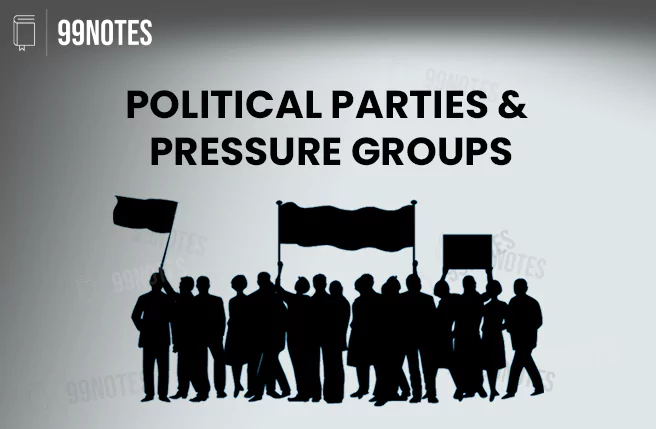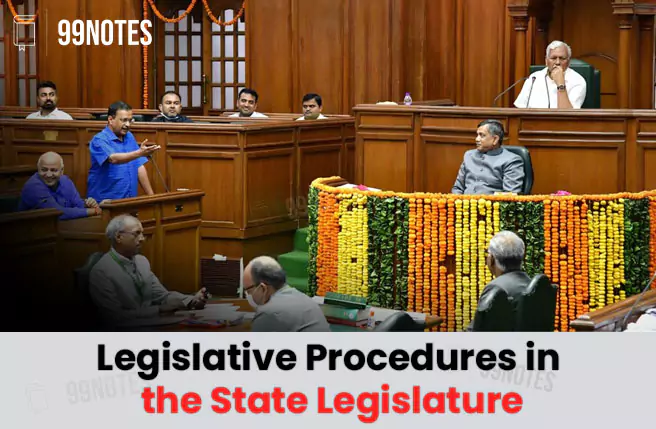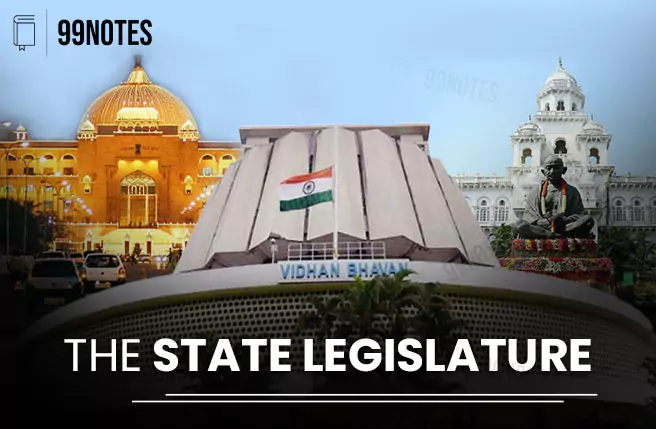Election Laws in India Notes for UPSC Exams
Constitutional Provisions Regarding Elections Part XV of the Indian Constitution deals with Elections. However, it only provides the foundational framework for holding elections; for example, it provides for the Election Commission to hold elections, universal adult suffrage, etc.; the elaborate provisions are made by the Parliament and, in some cases, state legislatures too, as provided…








